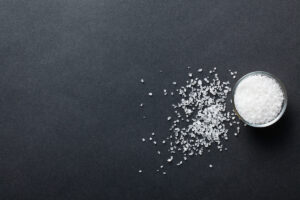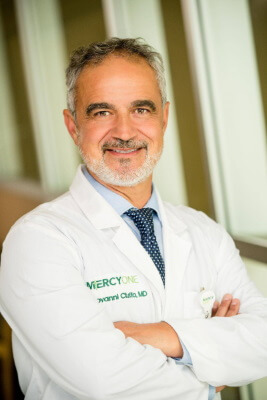The Benefit of a Low Sodium Diet
Anyone who has a family history of hypertension has heard the term “low sodium diet.” It sounds like a bland way of eating that deprives the eater of flavor and interest in food, but it doesn’t have to be that way. As Americans, we consume a constant stream of processed foods, but given the chance, it’s possible to retrain ourselves to enjoy a wider range of flavors. We are dedicated to helping you find the healthiest opportunities for your body. Starting a low sodium diet is the perfect place to begin that journey.
Low Sodium Diet
While at first, the idea of reducing one’s salt intake may imply the loss of flavor, the exact opposite is true. In processed foods, salt is used to mask the flavor of chemicals and to replace the natural flavors lost in the cooking and preservative processes. When salt is reduced in our diets, those flavors have a chance to emerge, and our tastes adjust to enjoy the natural flavors in foods once again. Choosing a low-sodium diet isn’t just better for your overall health, it opens up new vistas of enjoyment in your eating that will make you fall in love with food again.

If you are looking for ways to incorporate new flavors into your diet as well, this use of less salt can be a chance to try other spices. There are many recipes out there to try that require no salt at all. The key is being open to new experiences and flavors that may replace your desire to use salt in your food. Think of how many spices are in the drawer that you rarely use. This could be the best chance to combat that.
Blood Pressure
The American Heart Association has known for decades that a diet high in sodium content is one of the factors that contribute to hypertension, a leading cause of heart disease. High blood pressure puts a strain on the heart and vascular system and can cause irreversible damage. According to the World Health Organization, a salt intake of fewer than five grams per day for adults helps blood pressure levels while also lowering the risk of cardiovascular disease, stroke, and coronary heart attack. While blood pressure is an important factor to consider, think about all of the other benefits you are getting from this diet as well.
Getting blood pressure under control takes more than just a change in the diet. A fitness routine and increased activity level, as well as reducing overall stress and engaging in more enjoyable activities like hobbies will help reduce blood pressure and improve heart health. Whether you have a physical activity you already enjoy or are looking for a new one, there are so many options out there to consider. This can be something to pair with the low sodium diet to really see results for your health. While it may seem like a lot of changes to incorporate at one time with a low sodium diet, your body will be thanking you in the long run.
A low sodium diet is a good place to begin when you’re looking to reduce blood pressure. This could be an impactful change for your future health concerns and issues. This does not have to be a journey you go along alone as there are so many resources and information out there to make the transition easier. You may even stumble upon your new favorite recipes in the process. Are you looking for new ways to reduce your sodium intake? Talk to Dr. Ciuffo today about making better eating and lifestyle choices to support your heart health.

